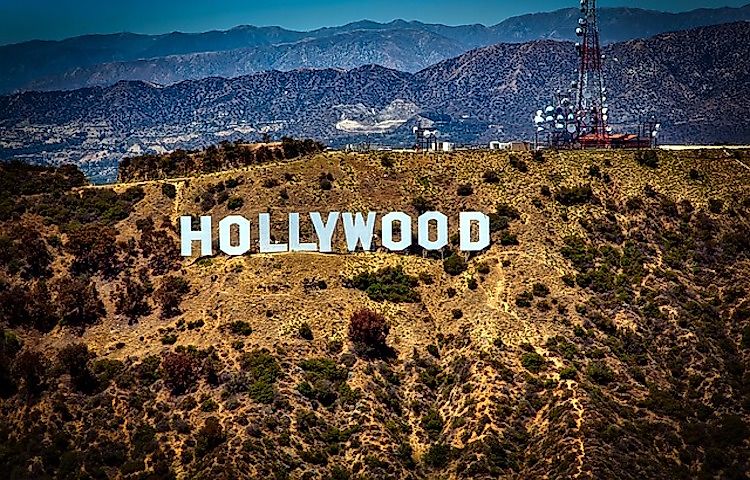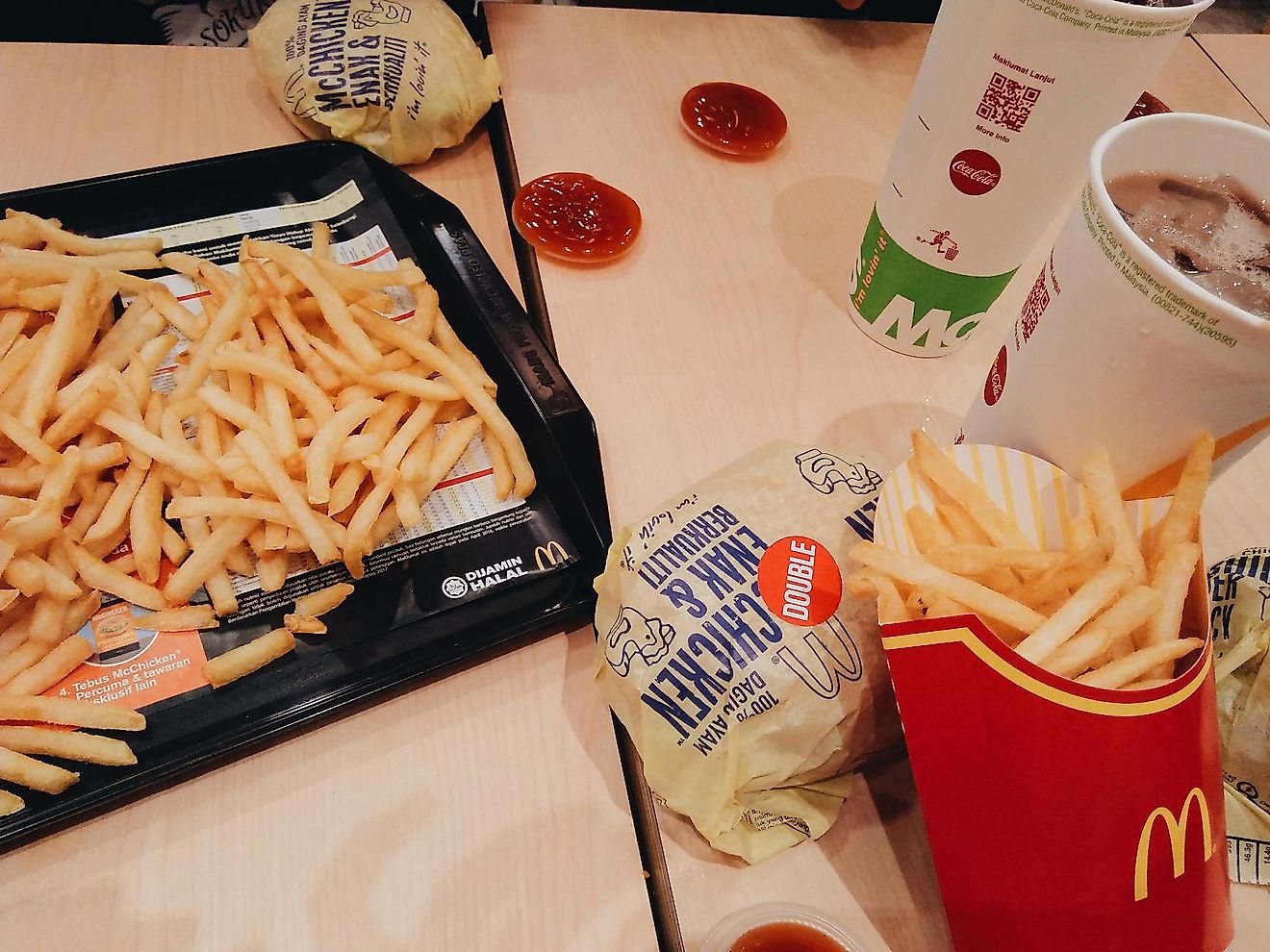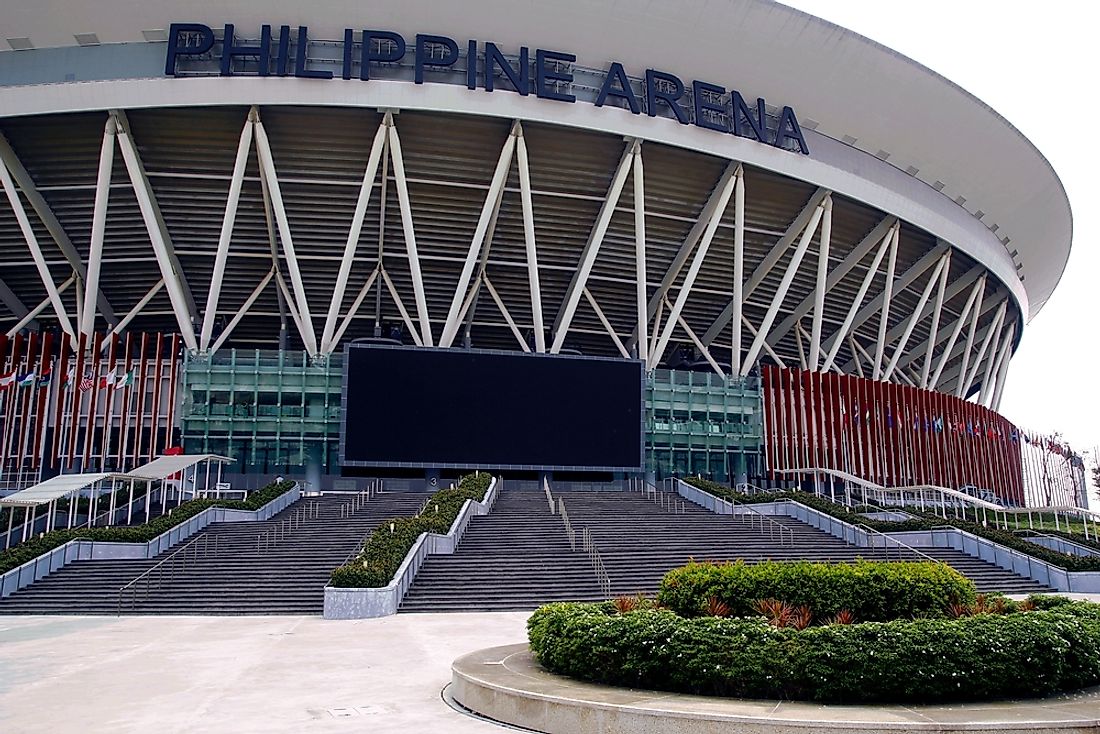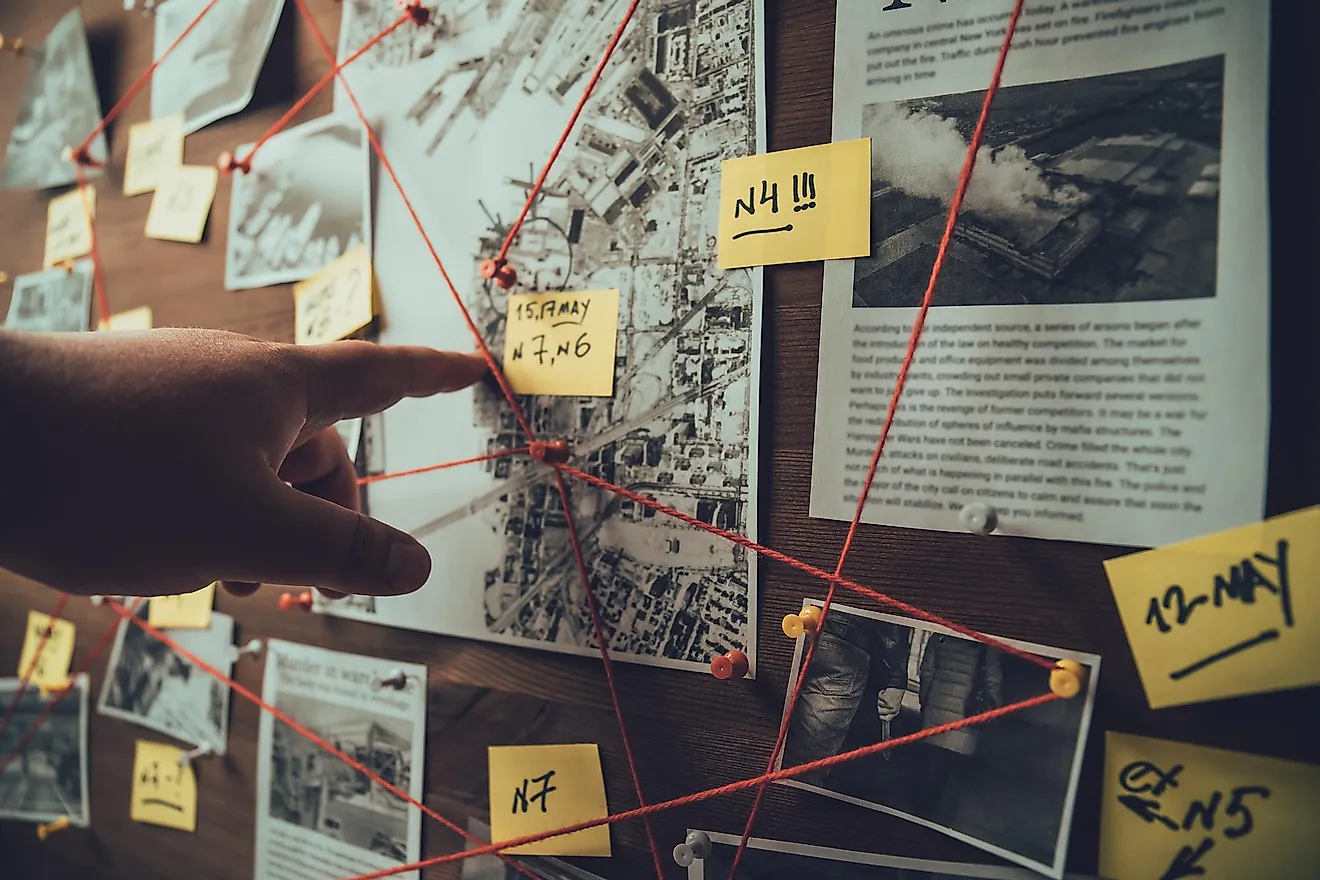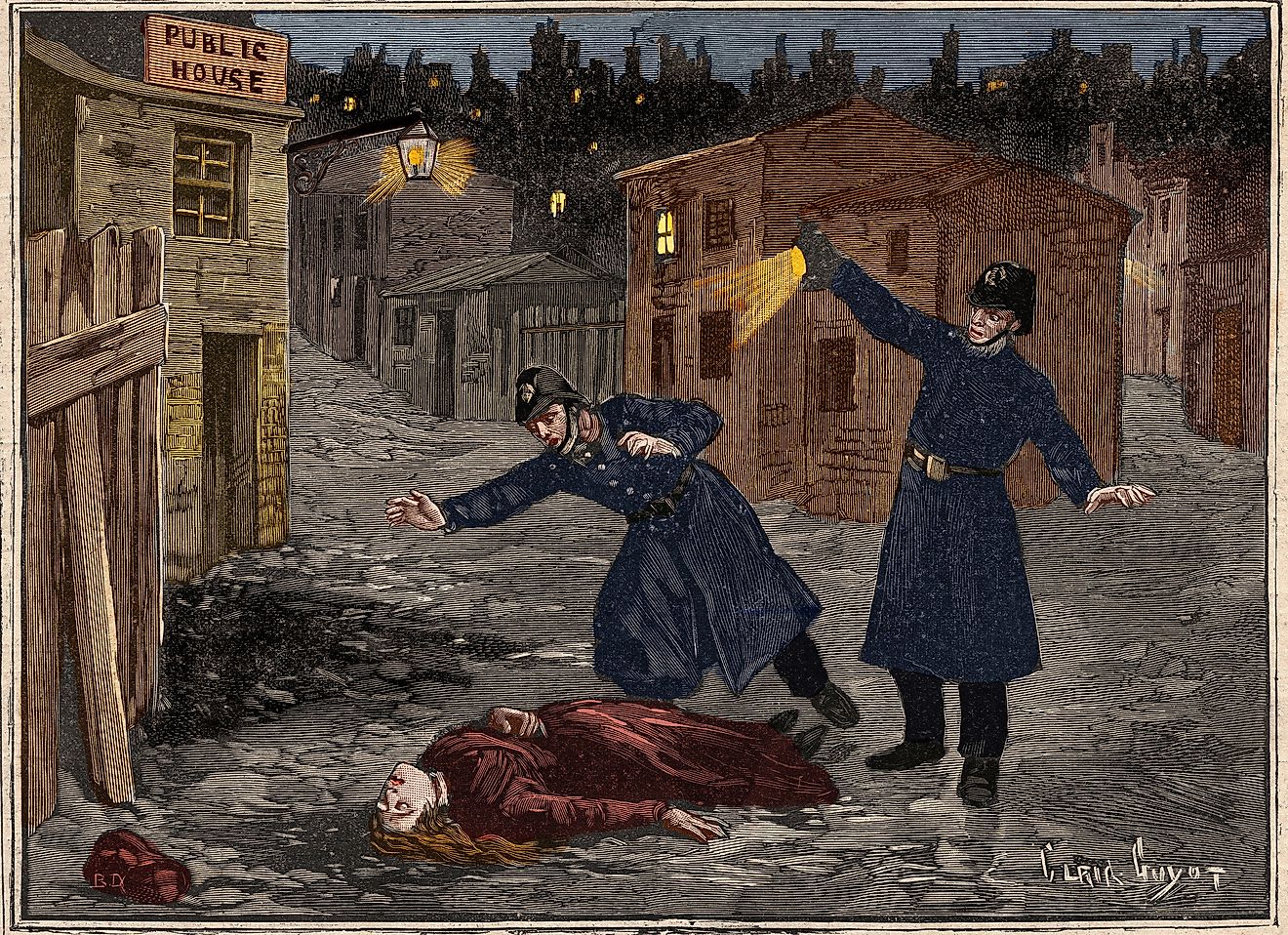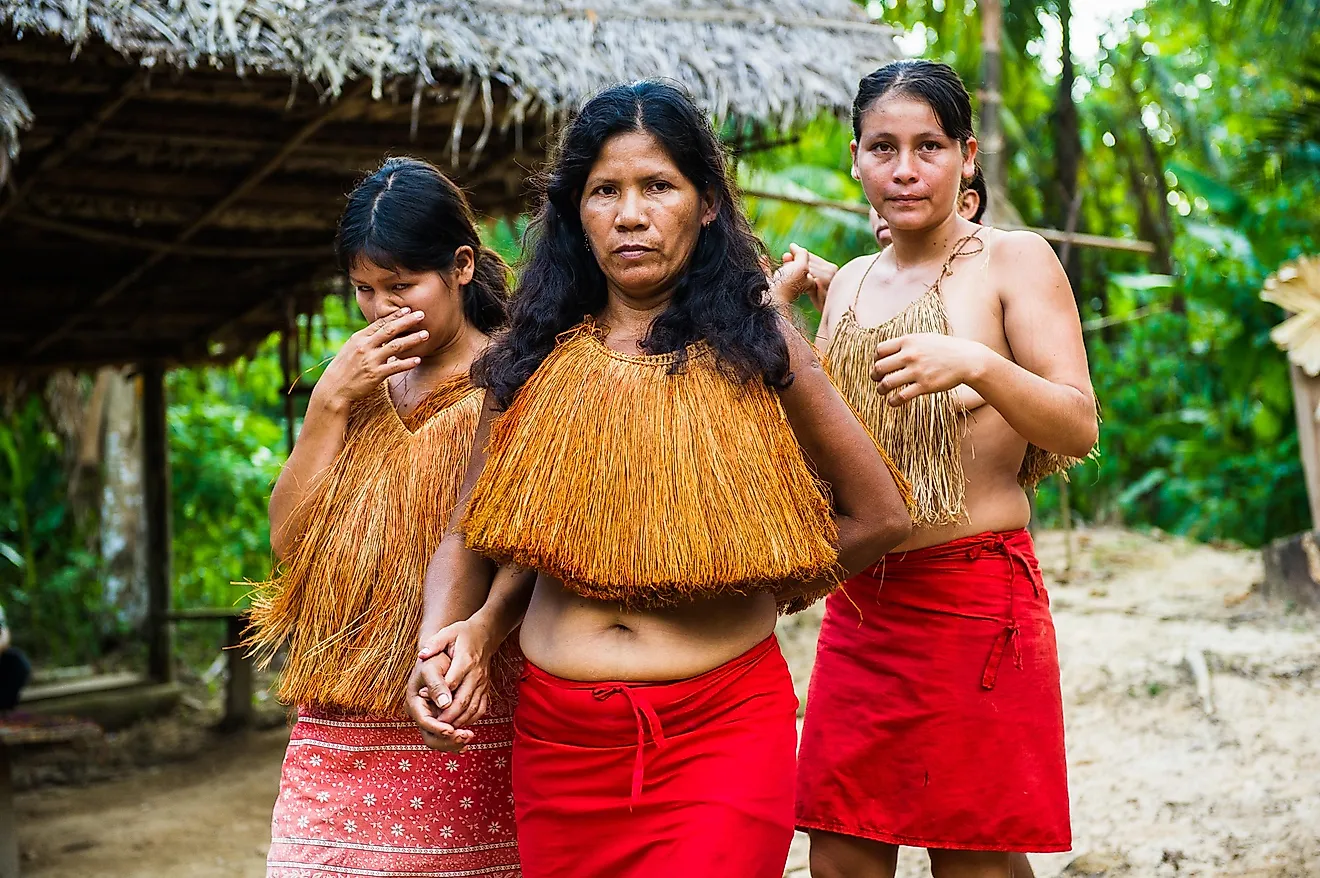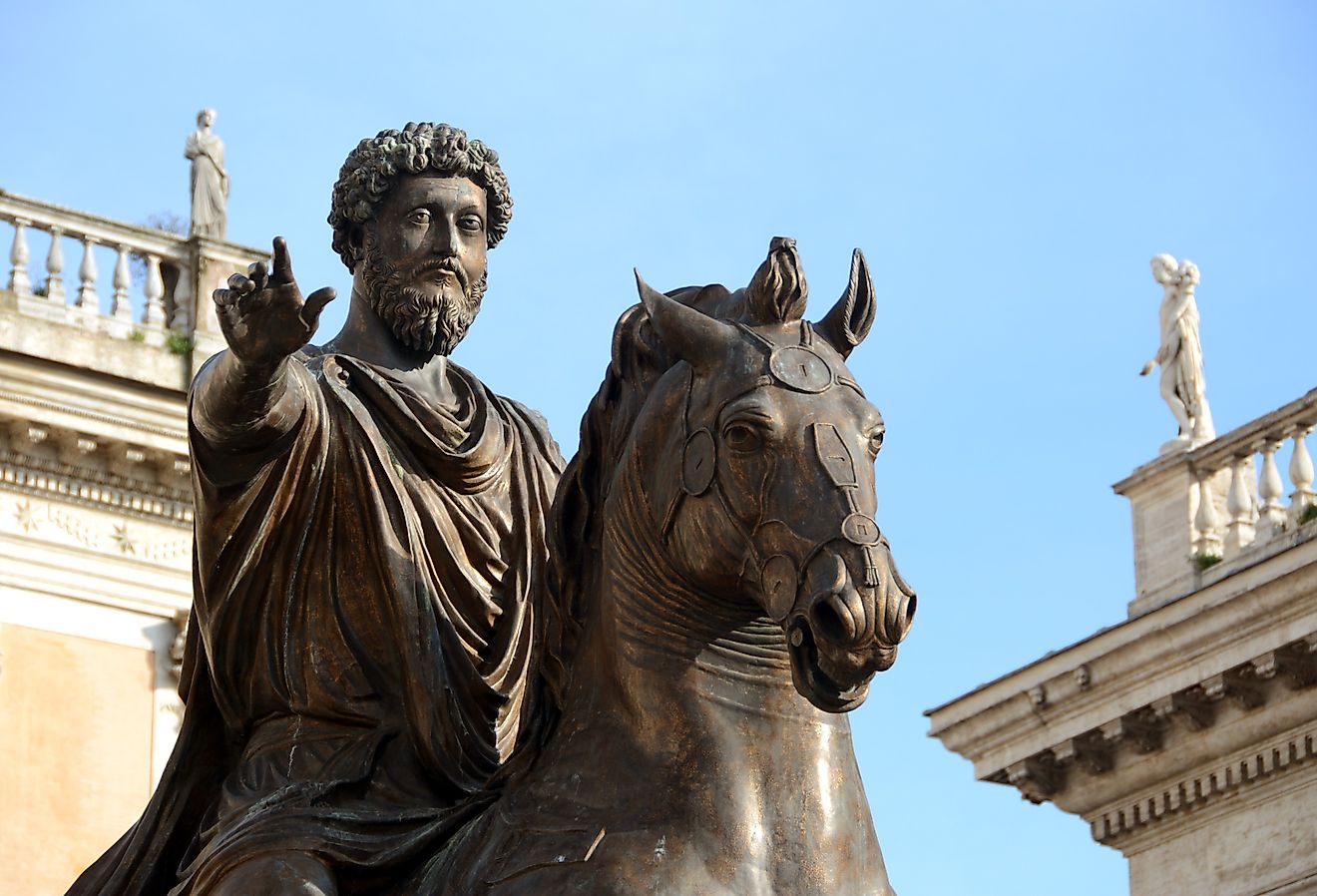The Major Ethnic Groups Of Botswana

Botswana is located in the south-central region of Africa, where it covers a total area of 224,610 square miles. This country has a population size of over 2.25 million, which is made up of a number of different ethnic groups. This article takes a closer look at the largest ethnic groups living in Botswana today.
Tswana
The Tswana people comprise 79% the population, making them the largest ethnic group in Botswana. In fact, the name of the country was derived from this group of people. The Tswana people are native to the south of Africa and are believed to number around 6 million throughout the continent. In Botswana, their population size is around 1.61 million.
This group of indigenous people speak the Tswana language, also known as the Setswana language, which belongs to the Bantu language family. The Paramount Chief of the Tswana represents this ethnic group politically by holding an advisory position within Parliament. In Botswana, the Tswana people are divided into 8 tribes, including the: Bangwato, Barolong, Bakwena, Kgatla, Batlokwa, Balete, Batawana, and BaNgwaketse.
Kalanga
The Kalanga indigenous group makes up 11% of the population of Botswana and is therefore the second largest ethnic group in the country. These individuals can be found living primarily in both Botswana and Zimbabwe, with a total population of around 850,000. Over time, this number has diminished, partly due to intertribal relations.
Researchers believe that the Kalanga, also known as the Bakalanga, have been inhabiting this general area of Africa since before 1000 AD. Traditionally, this indigenous group took part in fur and ivory trading along the coast of the Indian Ocean. Remains of these historic villages have been escavated throughout Botswana. During the 1600s, some Kalanga tribes were successful at preventing European explorers from gaining control of some trading hubs located further from the sea.
Basarwa
The Basarwa people, also known as the San people or Bushmen, are the third largest ethnic group living in Botswana. These individuals make up around 3% of the total population size, which represents around 55,000 individuals. As a whole, this group stretches across several countries in southern Africa. Due to the distance between tribes, not all share the same language. Researchers believe that the Basarwa people were some of the earliest inhabitants in the northern area of Botswana. In fact, archaeologists have discovered rock art and stone tools attributed to the Basarwa that are over 70,000 years old.
Traditionally, these individuals lived a hunter-gatherer lifestyle, however, they began to practice farming due to mandatory government programs during the late 20th century. The Basarwa have continuously been marginalized by the government of Botswana and excluded from political decision-making processes.
Other Ethnic Groups
Other ethnic groups make up around 7% of the population. These consist of a number of smaller tribes, including the Basubi, Bakgalagadi, Bayei, Bambukushu, and Baherero. Botswana has also received immigrants of Indian descent from several African countries as well as immigrants directly from India. Additionally, many European descendants continue to live in Botswana today.
The Major Ethnic Groups Of Botswana
| Rank | Ethnic Group | % of population |
|---|---|---|
| 1 | Tswana or Setswana | 79% |
| 2 | Kalanga | 11% |
| 3 | Basarwa | 3% |
| 4 | Others | 7% |
